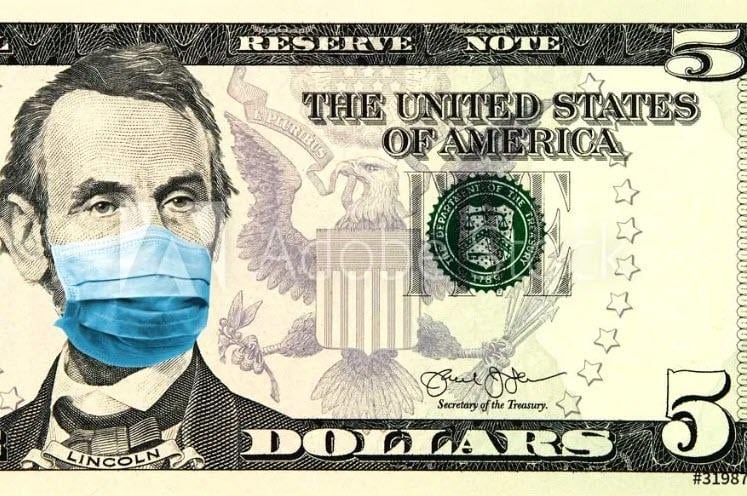What is a High Deductible Health Plan (HDHP)?
A HDHP is a health insurance plan with a higher deductible than traditional insurance plans. Many people choose this type of health insurance for the cost savings as the monthly premiums are usually lower than traditional insurance plans. A high deductible plan (HDHP) can be combined with a health savings account (HSA), allowing you to pay for certain medical expenses with pre-tax money.
For 2020, the IRS defines a high deductible health plan as any plan with a deductible of at least $1,400 for an individual or $2,800 for a family. An HDHP’s total yearly out-of-pocket expenses (including deductibles, copayments, and coinsurance) can’t be more than $6,900 for an individual or $13,800 for a family. (This limit doesn’t apply to out-of-network services.)
How Does This Apply to Covid-19 Testing & Treatment?
The IRS recognizes that people with HDHP plans, where in general, all costs are paid out-of-pocket before medical benefits kick in, may be reluctant to seek care or be tested when ill.
To respond to the current Covid-19 emergency, the IRS on March 11 issued guidance in Notice 2020-15 stating (emphasis added)
“a health plan that otherwise satisfies the requirements to be a high deductible health plan (HDHP) under section 223(c)(2)(A) of the Internal Revenue Code (Code) will not fail to be an HDHP under section 223(c)(2)(A) merely because the health plan provides health benefits associated with testing for and treatment of COVID-19 without a deductible, or with a deductible below the minimum deductible (self only or family) for an HDHP. Therefore, an individual covered by the HDHP will not be disqualified from being an eligible individual under section 223(c)(1) who may make tax-favored contributions to a health savings account (HSA).”
In short, the IRS said that health plans that otherwise qualify as HDHPs will not lose that status merely because they cover the cost of testing for or treatment of COVID-19 before plan deductibles have been met. This also means that an individual with an HDHP that covers these costs may continue to contribute to a health savings account (HSA).
The IRS noted that, as in the past, any vaccination costs continue to count as preventive care and can be paid for by an HDHP. Testing and treatment for the virus can be covered under the umbrella of “preventive services.”
This Applies Only to Covid-19 Emergencies
The IRS cautions that this new policy statement only applies to Covid-19 emergencies:
“This guidance does not modify previous guidance with respect to the requirements to be an HDHP in any manner other than with respect to the relief for testing for and treatment of COVID-19.”
Check with Your Provider
If you are currently enrolled in a HDHP health insurance, be sure to check with your provider for details about your specific benefits coverage.
Resources: IRS Notice 2020-15, “HIGH DEDUCTIBLE HEALTH PLANS AND EXPENSES RELATED TO COVID-19,” https://www.irs.gov/pub/irs-drop/n-20-15.pdf



